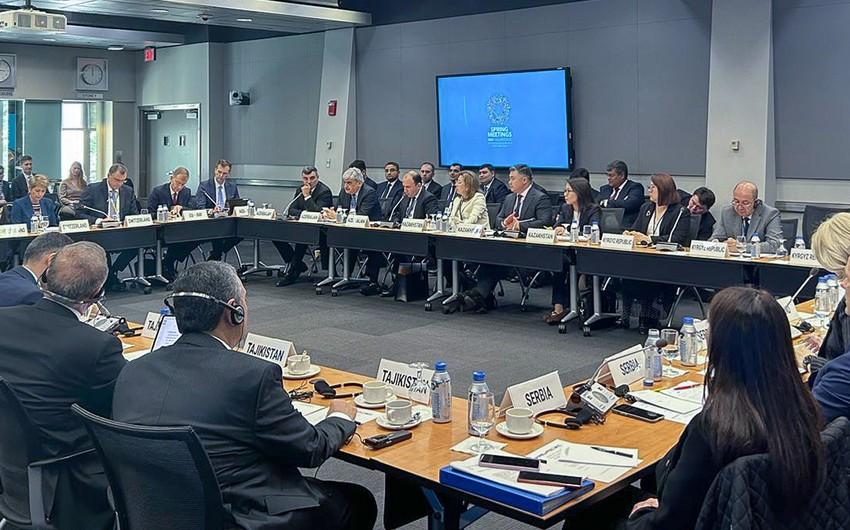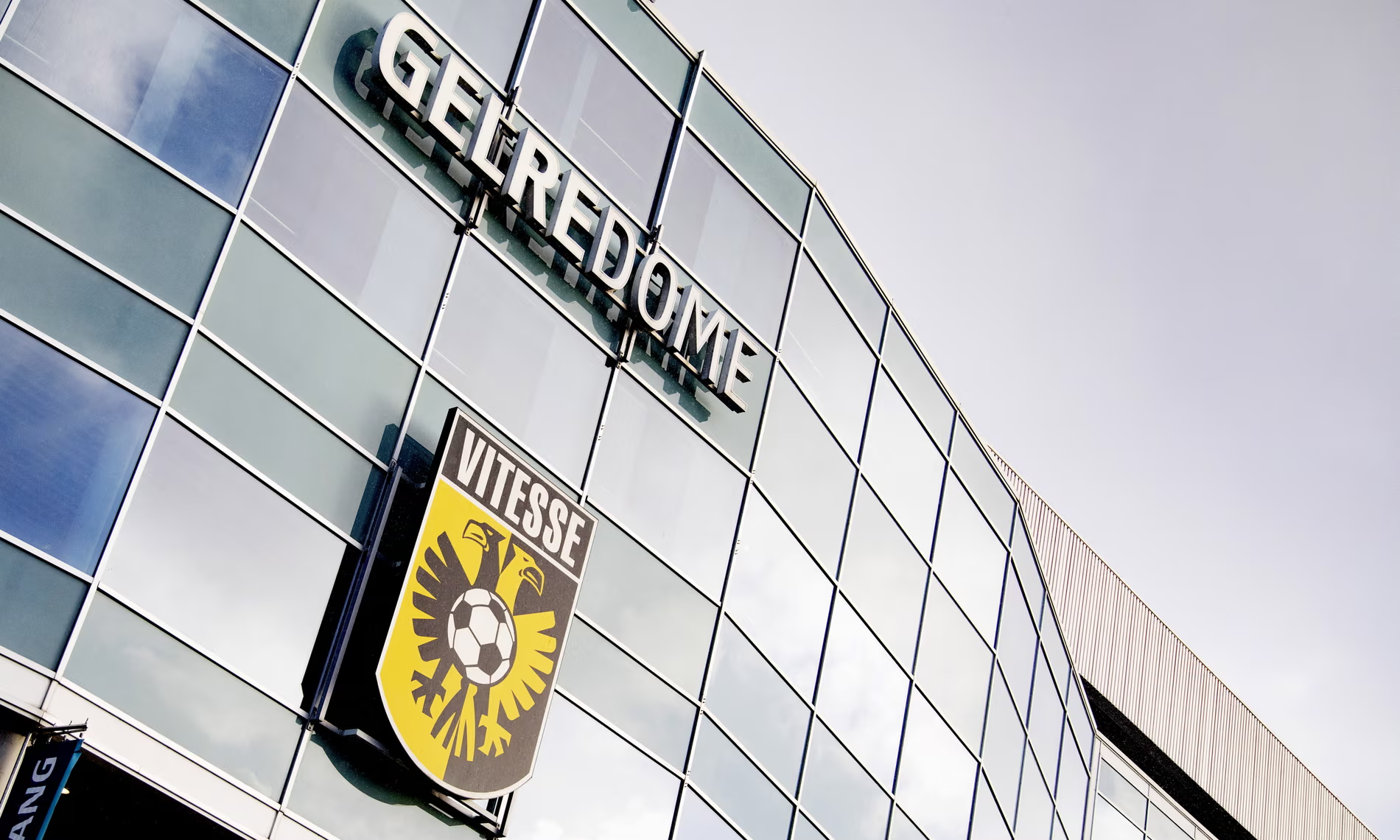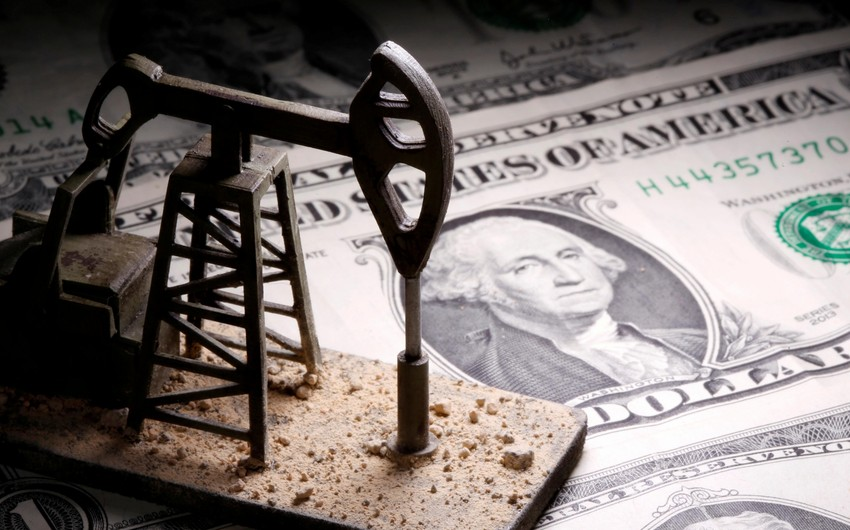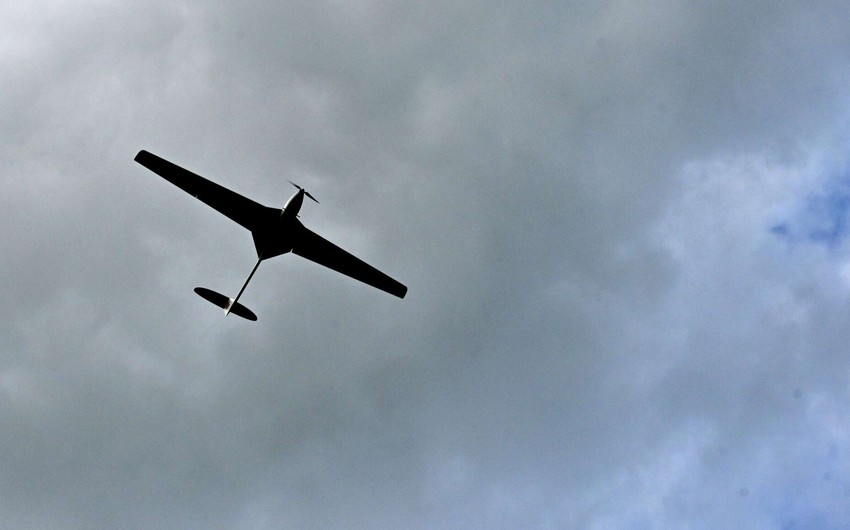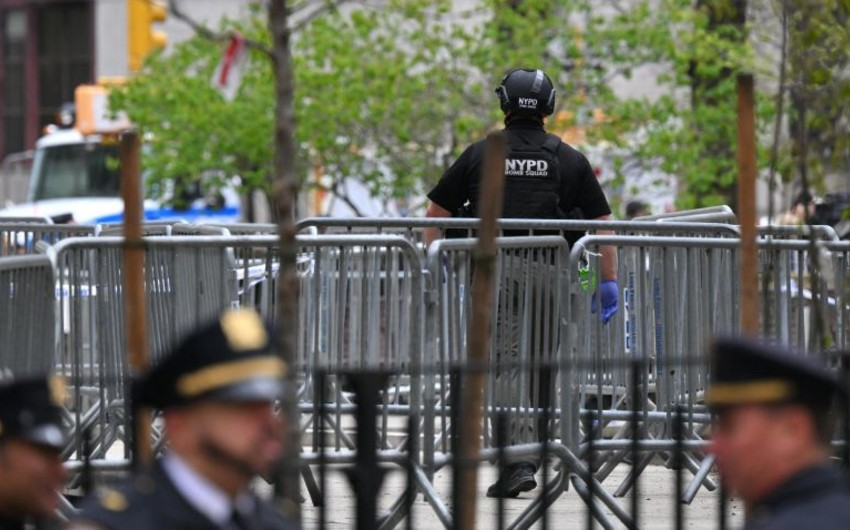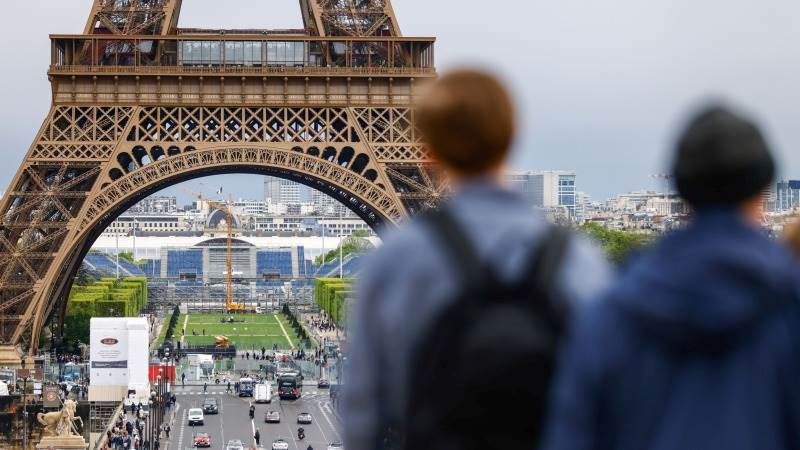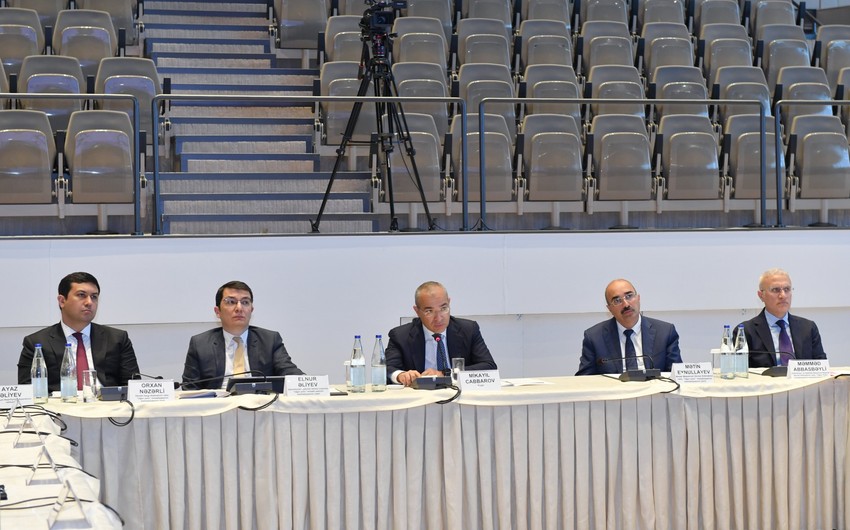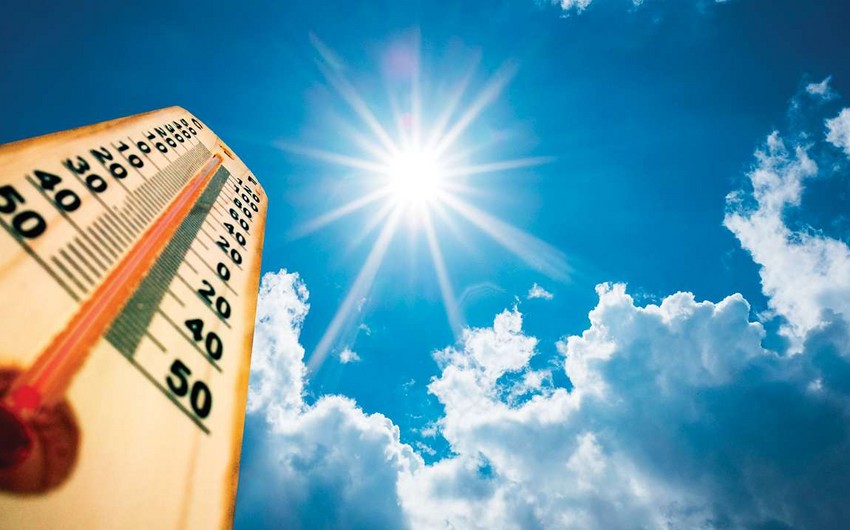After years of boom, Apple looks set for a rockier road in 2019 – partly through faults of its own and partly through social and economic factors that are affecting all the big smartphone manufacturers.
The company’s chief executive, Tim Cook, laid the blame for a shock cut in sales forecasts – and the subsequent share price tumble – on the economicdownturn in China. A convenient excuse, but far from the whole picture.
The root of Apple’s troubles is that its key developed markets, including the US, EU and South Korea, have all hit smartphone saturation point. With few first-time buyers left, sales rely on persuading those with often perfectly usable phones to upgrade, which is a much harder task.
Users are now holding on to their phones for as long as three or four years, meaning something has to change. While maintaining competitive products to keep rivals at bay, you either have to launch something radically different (an incredibly hard task), push the price of your phones up, seek out still-growing markets or shift to a services-based revenue stream to wring more money out of existing users (think the App Store, Apple Pay, iCloud storage, Apple Music and the like).
Apple is doing all of the above. The trouble is that two of these strategies clash. By jacking up the cost of its best handsets to £1,000 or more, it has effectively priced itself out of the mass market in India, leaving China as its only hope of significant growth in sales volume and users. But Chinais different from Apple’s tried-and-tested markets.
When your lives are run through an app that is device- and platform-agnostic, then the brand and operating system of the phone does not matter. The playing field is levelled, and there is no customer lock-in provided by exclusive services such as iMessage or Apple Pay. That is Apple’s problem in China, where WeChat serves as the app not only for chat, but also for access to the government and news, conducting business, hiring cabs and purchasing goods.
When rivals are releasing phones of similar quality and at significantly cheaper prices, then Apple asking as much as £1,000 or more for its top products is hard to swallow in the west, let alone in China.
Furthermore, Apple is doing the right thing by its customers by offering cost-effective battery replacements and software support that lasts up to five years. That, combined with high prices, risks encouraging buyers to hang on to their old handsets for longer.
That’s not to say Apple isn’t in a good position. Its services push is providing meaningful revenue that almost matched that from Mac desktop and iPad sales combined in 2018. However, services revenue does need to become a priority sooner than the company might have anticipated: it faces stiff competition from Google, Spotify and others even on its own phones. Selling accessories such as the Apple Watch, Beats headphones and AirPods – meaning it can earn money outside the iPhone upgrade cycle – is also a smart move.
The trouble is that the recorded 59% of Apple revenue driven directly by iPhone sales hides the fact that its services revenue also overwhelmingly relies on the iPhone as the conduit. So while Apple must seek to extend sales as much as possible, it’s critical for it to maintain its current 1.3-billion-plus user base if services are to become the main driver of revenue.
The road will certainly be rocky for Apple over the next few years, with choices to be made over strategy and pricing for developing markets that seem to be at odds with its approach in developed markets. And all bets are off if we sink into a US-China trade war.
But away from direct sales, it stands in a stronger position than its rivals, including Samsung and Huawei. None of the major manufacturers have as many lines of service revenue as Apple; the lion’s share of the money from digital goods on Android smartphones outside of China goes to Google, not the phone makers.
Fat Cat Friday was an attempt by the High Pay Centre to publicise the shocking gap between the pay of the average chief executive and the average worker.
Top bosses, it found, earn 133 times more than their staff. To achieve this, the average FTSE 100 chief executive is paid £1,020 per hour, or £3.9m a year – and needs only three working days to reach the average annual worker’s pay of £29,574.
The TUC was naturally enraged by the findings, but the free-market thinktank, the Institute of Economic Affairs, was among a small band to cry foul.
Mark Littlewood, the IEA’s boss, argued that FTSE 100 bosses added hundreds of millions of pounds worth of value, making them cheap at the price. The example he gave, Terry Leahy, is flawed though. The former Tesco boss certainly expanded the supermarket hugely, but at the end of his tenure he took his eye off the ball in the crucial UK market and he also left the company nursing a £1bn loss from a failed expansion into the US.
The Adam Smith Institute also weighed in to the argument, arguing that pay campaigners would be better off focusing on improving productivity – or the amount of output generated per worker – as a driving force for raising workers’ wages and thus reducing the pay disparity between the factory floor and the boardroom.
However, there are no signs that giving chief executives an increase in pay of 11% last year – compared with 3% for the average worker – has resulted in bosses improving the productivity of their businesses.
Indeed, such glaring pay inequality could be viewed as demotivating for staff and thus damaging to worker output. A culture of teamwork brings more sustainable profits, not a maverick boss riding the waves of economic boom and bust.
The Christmas trading news from John Lewis and Next last week showed that a final dash for presents by shoppers helped deliver a festive season that was not as bad as feared for two of the high street’s biggest names.
The relatively good news for those two high street stalwarts and the absence of a profit warning from Debenhams or other under-pressure chains like M&S have lifted hopes as more than 20 retailers prepare to report on festive trading in the coming week.
But hold the party poppers. Next’s high-street stores had a dismal time and the group’s profitability is being gradually squeezed by the shift to servicing online shoppers.
John Lewis’s profits are similarly under pressure as it battles to maintain its service culture and its “never knowingly undersold” price promise amid huge discounting by ailing rivals and rising costs.
Investment in web operations has never been so crucial to the survival of clothing, homewares and beauty retailers, where the shift from the high street has stepped up. Nearly a quarter of all fashion is now bought online.
Brexit uncertainty will keep a dampener on non-essential spending so traditional retailers face a high-wire walk between investing to survive and finding cost savings that will protect profits.
But even new online brands are not finding life easy.
According to accounts filed on Friday, young fashion website Missguided crashed to a £46m pretax loss in the year to last April – up from just £1.6m a year before – as it admitted it had got products wrong. Trendy web-slipper seller Mahabis called in administrators last week. Even Asos, the banner carrier of the new retail economy, shocked the City with a profits warning before Christmas.
Selling online is only part of the answer. These tough times will weed out sloppy retailers not offering value in terms of service, price or creative, differentiated products.




